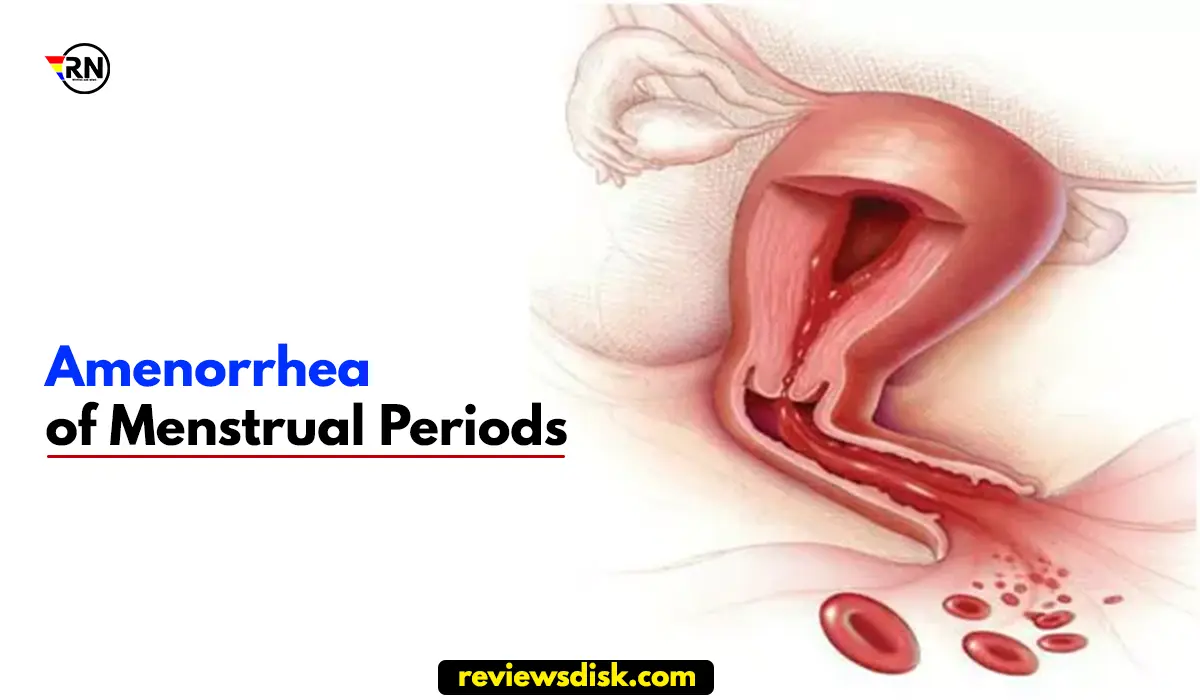Introduction
Absence of Menstrual Periods All You Need to Know, You know, our bodies have their own unique ways of telling us when something isn’t right. And for women, the menstrual cycle is one such indicator. Ever imagined what it means when the periods just stop? Let’s dive in.

Absence of Menstrual Periods All You Need to Know
What is Amenorrhea?
Amenorrhea is the medical term for the absence of menstrual periods, either temporarily or permanently. Sounds pretty straightforward, right? Well, there’s more to it.
Primary amenorrhea refers to the absence of menstruation in someone who has not had a period by age 15. The most common causes of primary amenorrhea relate to hormone levels, although anatomical problems also can cause amenorrhea.
Secondary amenorrhea refers to the absence of three or more periods in a row by someone who has had periods in the past. Pregnancy is the most common cause of secondary amenorrhea, although problems with hormones also can cause secondary amenorrhea. “Absence of Menstrual Periods All You Need to Know”
Causes of Absent Menstrual Periods
Primary Amenorrhea
Definition and causes
Primary amenorrhea refers to the absence of menstruation by age 15 in girls who haven’t started their period. Picture this: it’s like waiting for a train that never arrives. Causes might include:
- Chromosomal abnormalities
- Born without reproductive organs
- Pituitary gland issues
Secondary Amenorrhea
Definition and causes
Secondary amenorrhea is when a woman who has had normal menstrual cycles stops getting her periods for 6 months or more. Think of it as a previously punctual train suddenly going off-schedule. Reasons could be:
- Pregnancy (the most common cause, believe it or not!)
- Menopause
- Stress
- PCOS (Polycystic ovary syndrome)
- Certain contraceptives
Symptoms & Diagnosis
Common symptoms
Apart from the glaring absence of periods, other signs might creep up:
- Hair loss
- Headache
- Vision changes
- Excess facial hair
Ever noticed how your body whispers before it screams?
Diagnostic approaches
Doctors aren’t magicians, though they sometimes seem like it! They might:
- Take a medical history
- Perform a physical exam
- Recommend blood tests or imaging
Treatment and Management
Lifestyle Changes
Sometimes, the solution lies in our daily routine. Can you believe that?
- Eating a balanced diet
- Managing stress (Easier said than done, right?)
- Regular exercise (But not too much!)
Medical treatments
And for some, a little medical magic might be needed:
- Hormonal therapies
- Medications
- Surgery in rare cases
Complications and Impact on Fertility
An irregular cycle might mean more than just a missed period. It might indicate issues with fertility. Like a garden that’s not ready for planting. But remember, every individual is different. “Absence of Menstrual Periods All You Need to Know”
When to see a doctor
Consult your doctor if you’ve missed at least three menstrual periods in a row, or if you’ve never had a menstrual period and you’re age 15 or older.
Conclusion
So, there we have it! While the absence of menstrual periods can be a signpost indicating something’s amiss, it’s not the end of the world. With the right knowledge and approach, it can be managed. After all, isn’t life all about understanding the signs?
FAQs
- Can stress really cause my periods to stop?
Yes, chronic stress can impact your hormonal balance, potentially leading to amenorrhea. - If I’m not getting my period, does it mean I’m infertile?
Not necessarily. While amenorrhea can be linked to fertility issues, it doesn’t confirm infertility. - Are there natural ways to restart my menstrual cycle?
Lifestyle changes like stress management, dietary changes, and moderate exercise can help. However, always consult a doctor first. - Can weight influence menstrual cycles?
Absolutely! Being significantly over or underweight can impact your cycle. - Is it normal to have amenorrhea after pregnancy?
Yes, especially if you’re breastfeeding. This is called lactational amenorrhea.